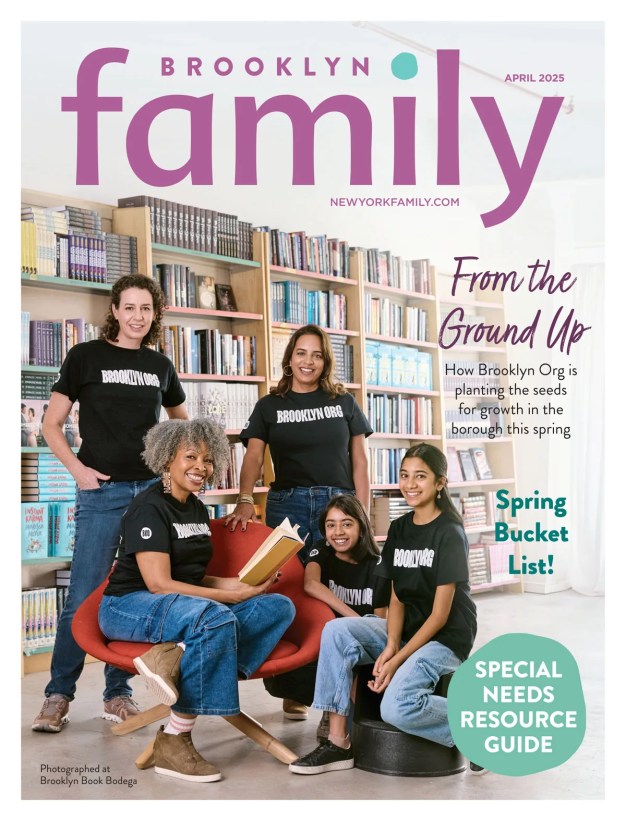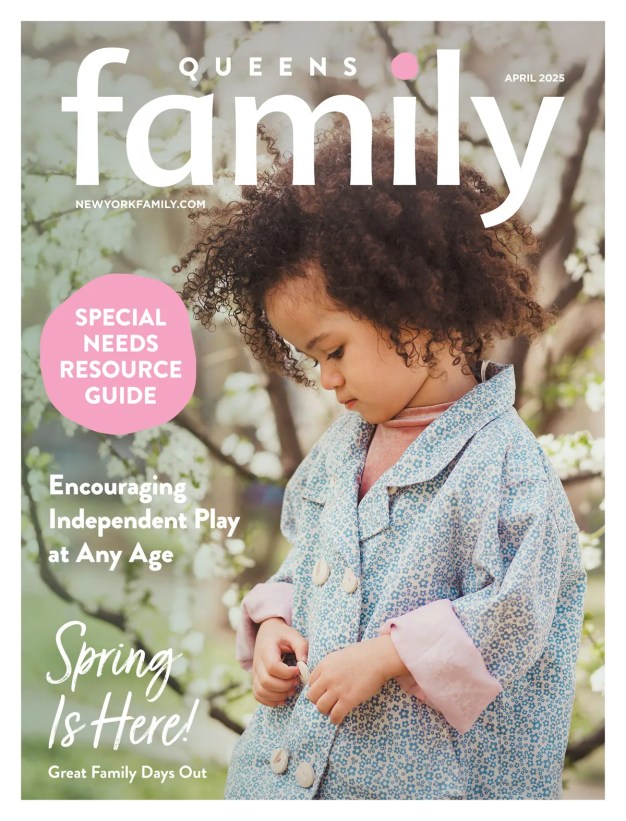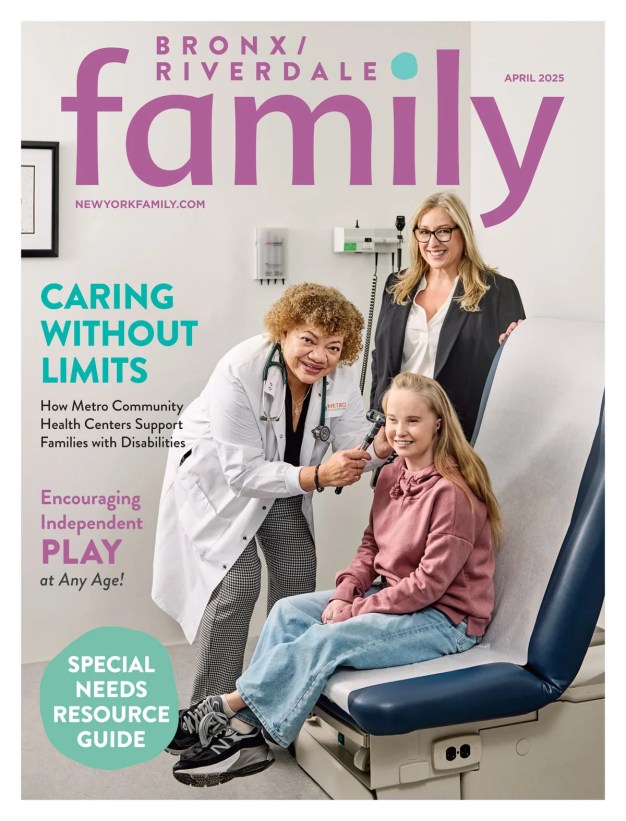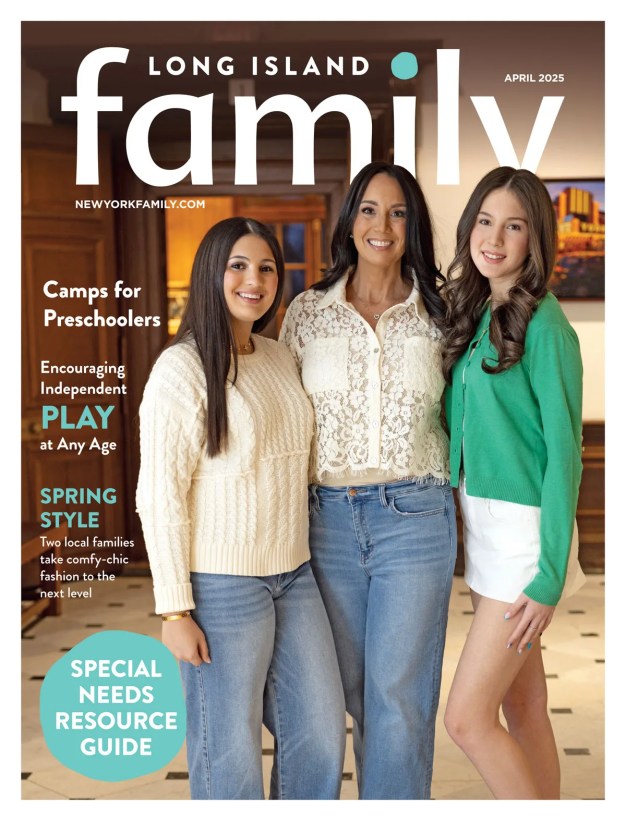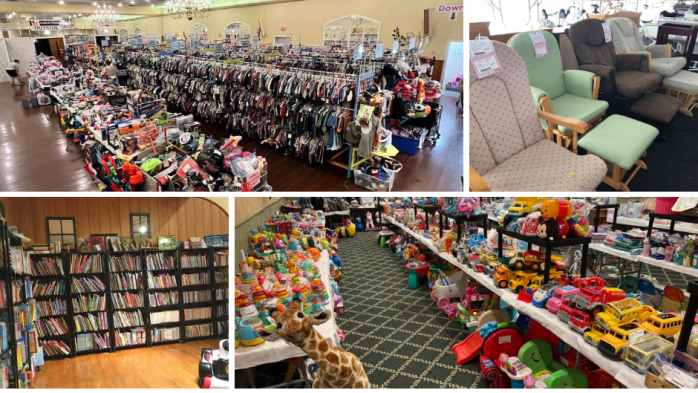I grew up having a close relationship with my parents. I was very open with them and always included them in conversations about my life. Needless to say, moving away for college meant that my relationship with my family changed. With miles between us, my parents and I still manage to keep in touch, but I have been forced to be a lot more independent.
Maintaining a healthy relationship with your immediate family is important. No matter how old you are, you need someone to rely on and trust. Your parents, siblings, grandparents, aunts, uncles, and cousins are a crucial support network. Building that steadfast connection can be difficult for students and family alike. For students, too much parental involvement may feel suffocating, while for family members, too much free rein may be worrisome. The key is to maintain open communication.
For students, being away from home means newly found freedom, which is both scary and exciting. On one hand, there is no one telling you when to clean your room, when to go to sleep, or that you cannot go out on a Wednesday night. On the other hand, the absence of parents may lead to piles of dirty laundry on your dorm room floor and wading through a sea of stinky clothes.
When you’re away at college, your parents can no longer micro manage your life. When I was in high school, my dad used to make sure I was up in time for class. However, in college, I need to set my own alarm and resist hitting the snooze button a hundred times. If I wind up being late for class, there is only one person to blame: me.
Despite this novel independence, it is okay to ask your parents for help and advice. Sometimes I call my mom to ask questions about cooking a meal or whether I can put my sweaters in the dryer. I also talk to my parents whenever I need emotional support. As awesome as my school’s counseling services can be, there are times when I need to speak with someone who really knows me, like my parents.
For parents, worrying about the not-so-little-ones is natural. Although my parents will never admit it, letting go of their only child was not easy. Ideally, parents should avoid being overbearing, especially when your child first arrives at school. Allow him or her time to adjust to the change and figure out how to make friends and choose classes on his or her own.
My college even suggests that parents abstain from calling the school, which may place additional stress on both parents and their kids.
Instead, find new ways to subtly check in on your budding scholar. Pay attention to any photos she might send you in text messages or e-mail. If you are connected with your child on social media, keep an eye out for interesting posts, likes, or photos. Although what your child posts on Facebook does not tell the whole story, it can often provide hints about her overall wellbeing.
Nonetheless, for both parents and students, there is nothing like actual verbal communication to truly nurture a relationship. Take some time to talk to each other. Schedule regular calls or video chats. Personally, I talk to my parents at least once a week.
What you choose to discuss is up to you. When I chat with my family, I tend to tell them a little bit about everything that has been happening on campus. Occasionally, I have personal matters to discuss, like how I should prioritize my time or how to handle a conflict with my friends. Although my parents may rattle off advice, it is still up to me to decide on a plan of action.
I try to check in on my parents, since they are aging, too. As much as I am envious that they are exploring the city and eating out more frequently than when I am at home, it is great to see that they are not suffering from an empty nest.
Relationships must be constantly nurtured, if they are meant to last. When communication is not as frequent as in the past, make the moments you physically spend with your loved ones matter. We can still care about each other from distance, and with a little effort, we can continue to show we care.
Aglaia Ho is a rising senior at Williams College and a native New Yorker. She also writes for her own blog at www.aglai

